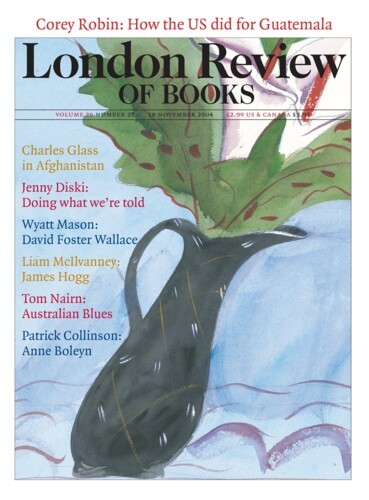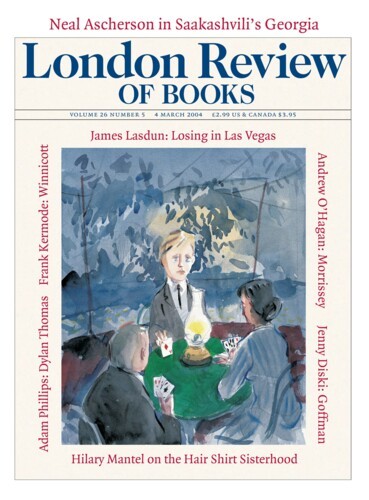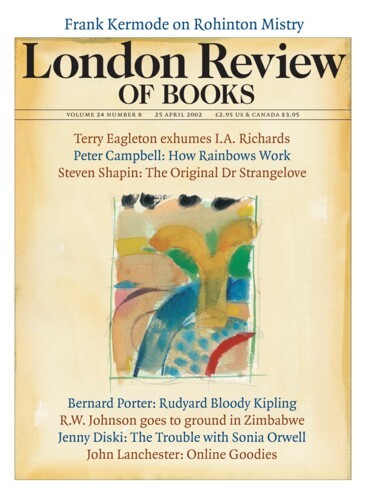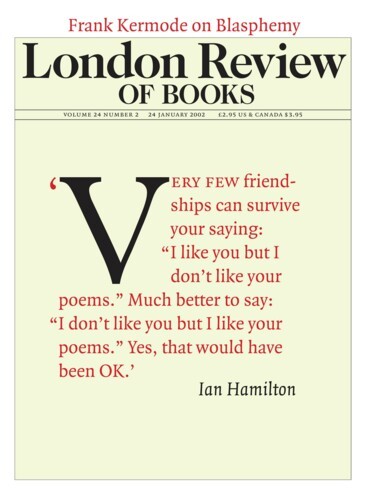Not the Brightest of the Barings: Lord Cromer, a Victorian Ornamentalist in Egypt
Bernard Porter, 18 November 2004
The recent revival of military imperialism has had many commentators rummaging in history for precedents. The occupation of Egypt in the 1880s is a favourite one, largely because its imperialist character was similarly denied at the time. The British government was going in to rescue the Egyptians from tyranny and mismanagement; it had no desire for territory, and as soon as it had set up a...




